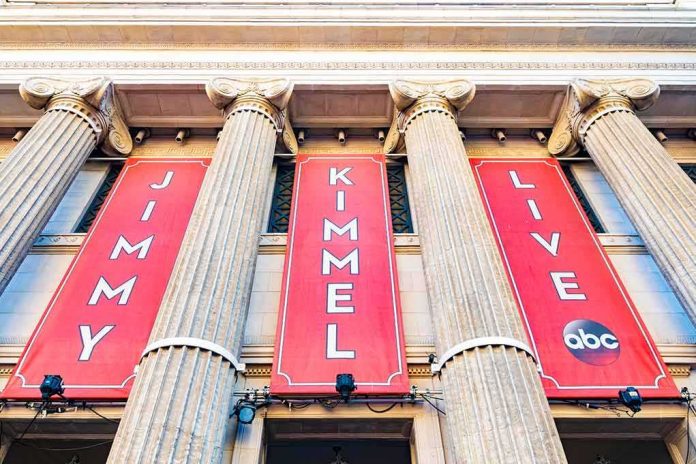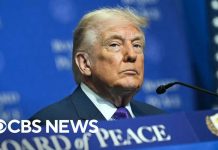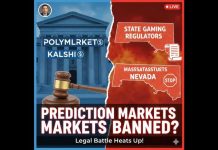
ABC executives are reportedly paralyzed by fear of Trump, despite believing Jimmy Kimmel stayed within editorial bounds.
Story Snapshot
- ABC executives fear backlash from Trump over Kimmel’s satire.
- Executives believe Kimmel did not violate editorial standards.
- Trump’s influence causes anxiety within media organizations.
- Debate over media self-censorship amid political pressures.
- Potential impact on free speech and media independence.
Internal Conflict Over Editorial Freedom at ABC
Reports that several ABC executives believed late-night host Jimmy Kimmel had not crossed any editorial lines with his satirical comments about Donald Trump. Despite this, ABC’s top officials were reportedly gripped with fear of potential backlash from Trump, illustrating a significant internal conflict between upholding editorial freedom and managing corporate risk. The network’s anxiety signals a broader industry trend of caution when covering controversial political figures.
Trump’s history of retaliatory actions against media outlets during and after his presidency has created a challenging environment for media companies. ABC, owned by Disney, is particularly sensitive to the potential backlash due to its high-profile status and shareholder concerns. The 2024 election cycle has heightened scrutiny over media coverage, with political satire becoming a focal point of contention, especially with conservative audiences.
Impact of Trump’s Influence on Media Organizations
Trump’s influence over media organizations is a significant concern, particularly for those like ABC that balance editorial integrity with corporate interests. The fear of Trump’s ire has led to increased self-censorship, with executives wary of making editorial decisions that could provoke political retaliation. This dynamic raises questions about corporate influence on media content and the potential erosion of creative freedom.
As ABC navigates these pressures, industry insiders report ongoing debates about the boundaries of editorial content. The lack of a formal statement from ABC or Disney regarding the situation with Kimmel suggests a cautious approach, possibly to avoid further controversy. This cautiousness may set a precedent for how media organizations handle political satire and criticism moving forward.
Broader Implications for Media Independence
The situation with ABC and Kimmel underscores the delicate balance media organizations must maintain between creative freedom and corporate interests. The potential for self-censorship in response to political threats could have long-term implications for media independence and the future of political satire. As networks reassess their editorial guidelines, the industry may see increased caution in covering polarizing figures.
ABC Execs Were 'Pissing Themselves' Fearing Trump Blowback, Yanked Kimmel Despite Thinking He Didn’t Cross Line: Report https://t.co/SmkAMqhWps
— Mediaite (@Mediaite) September 18, 2025
This case highlights the power dynamics between media organizations, high-profile talent, and political figures. The potential chilling effect on political satire could impact not only late-night hosts but also the broader media landscape, where free speech and editorial independence remain critical concerns. The outcome of this situation could influence media strategies for the upcoming election cycles and beyond.
Sources:
Variety, “Late-Night TV Faces New Political Pressures,” June 2024.
Emily Bell, “The End of Big Media,” Columbia Journalism Review, 2023.
Hollywood Reporter, “Networks Weigh Risks of Political Satire,” June 2024.









